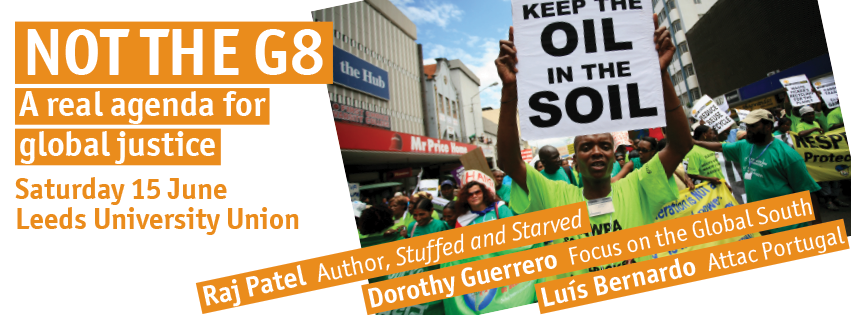The IEM Management Committee recently sent Hebden Bridge Partnership its considered collective comments on the Partnership’s Draft Action Plan for the town. The comments are posted below.
Now that the deadline for comments has closed, the Partnership has put a summary of all the responses on its website.
IEM looks forward to attending the Partnership’s 8th July meeting, where the Partnership will review and discuss all the comments it has received on the draft Action Plan. The meeting is open to all members of the public and all HB organisations.
Here are IEM’s comments.
Continue reading


